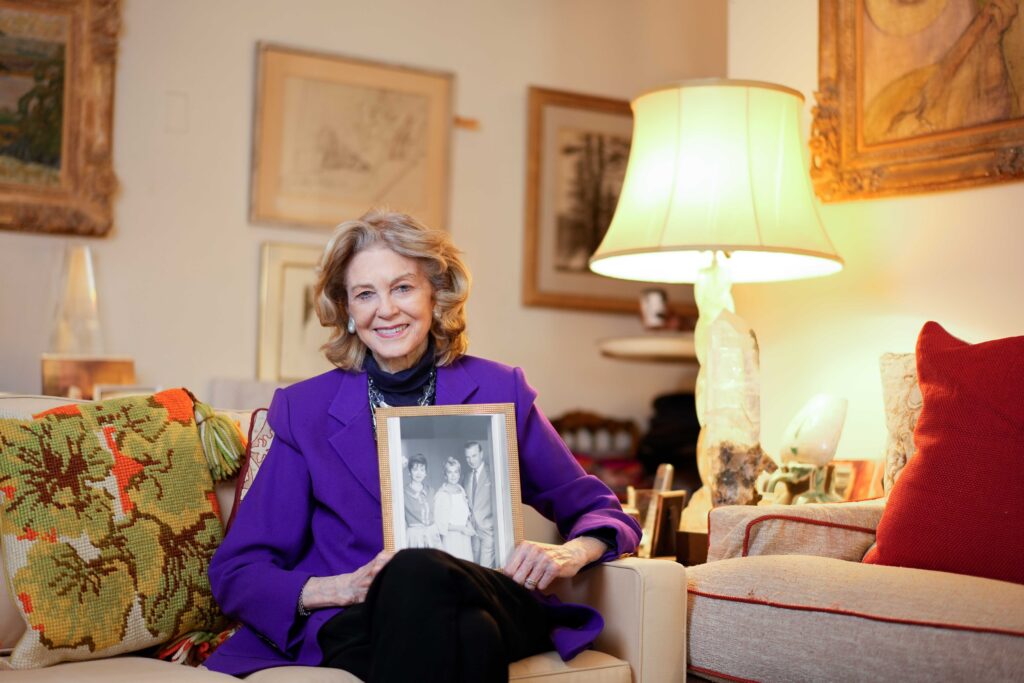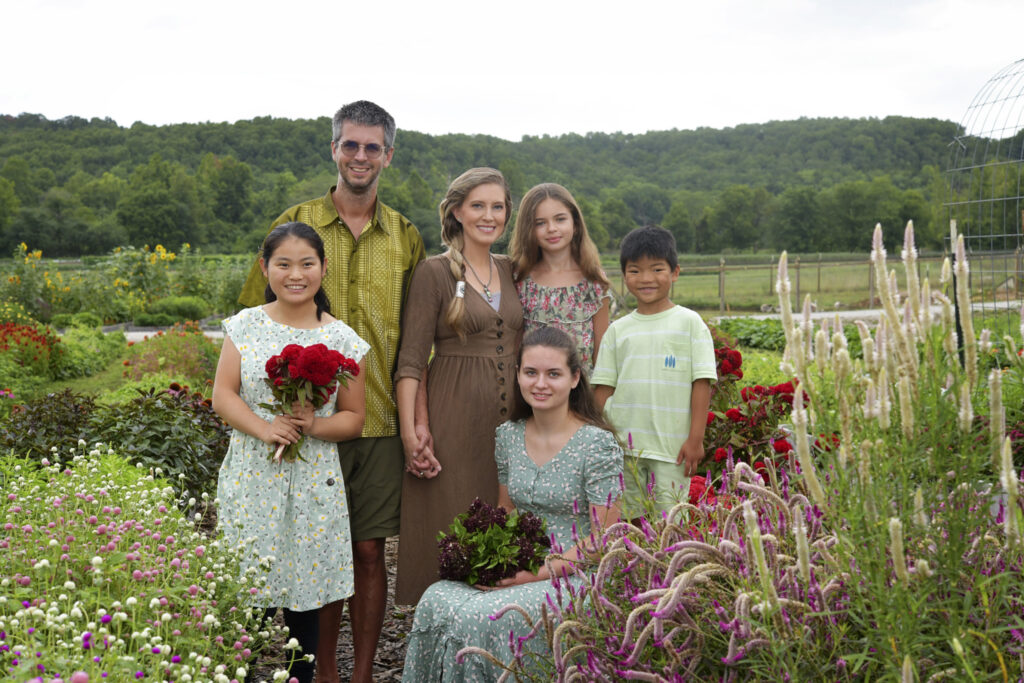A student—nervous, unsure, overwhelmed. She entered the classroom without a word. Not only was a new school year beginning, but this was a new school. It was orientation day—her first time meeting her new teacher. What would her new teacher be like? Would she understand? Would this year be any different?
A teacher, having spent the last few weeks carefully planning and preparing for the new year, now eagerly awaited the arrival of the families and students who would join her class for this upcoming year. What would they be like? What impact would she have? What would this year hold?
Both approached the year with excitement and questions, yet neither knew or understood all that would happen and the impact this year would have on them both.
As the family arrived in the classroom, the teacher greeted them warmly, but the young lady never said a word. Her parents quickly jumped in to explain that their daughter had “Selective Mutism”—she would not speak in public; only her family had ever heard her voice.
How was this going to work? What would class participation look like? How would learning take place? How would the other children react? The parents, student, and even the teacher had no idea how this was going to work, but after talking, they knew that this was the place their daughter needed to be.
As the teacher left the meeting, what was she to do? How would she teach, let alone help, this student and ensure her needs were met? She left that conversation determined to find a plan to ensure this student’s success.
As she worked with this young lady, she would speak to her, but as you can guess, no response ever came. Sometimes there would be gestures or looks, but nothing was said. After talking with others, she began simply writing notes, and before she knew it, the student was writing notes back. With the lines of communication open, she encouraged the same from students in the class. Over time, she would notice them sitting together, and while she still said not a word, she would laugh with them.
Slowly but surely, she was becoming a part of this little community. The students accepted her and didn’t shy away from her silence because of the tone and example that this teacher set. The year came and went, and even though she still had not spoken, she had thrived and excelled in a way she hadn’t before. Her parents couldn’t have been more thrilled and thanked this teacher for her patience and hard work.
The next year she returned to our school and continued to thrive. One night, the teacher’s phone rang, and a small quiet voice introduced herself to the teacher, “Mrs. Mickles, it’s me.” On the other end of the phone was the quiet little girl, sharing for the first time a simple message, “Thank you!” This teacher was the first person outside of the family she had ever spoken to, and she wanted that first person to be the person who had helped her and welcomed her that first, uncertain year at a new school.
They spoke for a few short moments, and as she hung up the phone, she could not help but be touched, and grateful for the opportunity to be a special part of this young lady’s life. The care she had shown to this student would forever impact her future.
Without this understanding and care, what would have happened? This teacher knew and understood many things that we can all learn from when shepherding our children. She understood that each child has individual needs, and no one way works for everyone. When we understand that, we can begin to meet the needs of these children and impact them in unique and special ways, just as this teacher did with this child.
As I wrote this story, I was reminded of the very special lessons that I saw watching this teacher. She understood, as we each must understand, that:
1. Each child needs acceptance. We need to accept our children for who they are, not what we want them to be. This love will help them grow and flourish.
2. Each child needs understanding. We need to seek to understand what they’re walking through and provide avenues and support to help them overcome.
3. Each child needs to know we care. Only when our children know this can we truly reach and impact them and help them grow.
4. Each child needs patience. This takes time and isn’t always easy. When we’re tempted to be frustrated, remember this and remember the patience the adults in your life showed with you—or didn’t show—and let it impact this relationship.
5. Each child needs something special. Each child needs something special from you that only you can give—never forget that. Find out what it is and give it to them.
6. Each child needs an environment that will allow them to grow. When they feel love, care, acceptance, security, and understanding, this will open doors to strengthen your impact and allow them to grow and develop as young men and women.
As parents and teachers, we all have this opportunity. The question is, will we see and recognize it when it is before us, and will we take the time to do what’s needed to make this difference and impact? Each and every day, the choice is ours, and when we choose to take it, the possibilities are endless.
As time went by, this young lady grew more and more comfortable speaking to others. She continued to excel as a student, and on the eve of her high school graduation, she stood before the gathered crowd and delivered a very touching and moving speech. One could not help but be excited and proud. Just think, it all started in a small classroom in which a creative and caring teacher saw and cared for this student in a special way, allowing her the safety, security, understanding, care, time, and space to simply find her voice.
Charles Mickles is an educational consultant with over 25 years in education. As a speaker and author, he has published three books including “Mine’s Parkinson’s, What’s Yours?,” and written numerous articles featured on The Mighty, Yahoo Lifestyles, and MSN. You can follow his story and read more at MinesParkinsons.com













